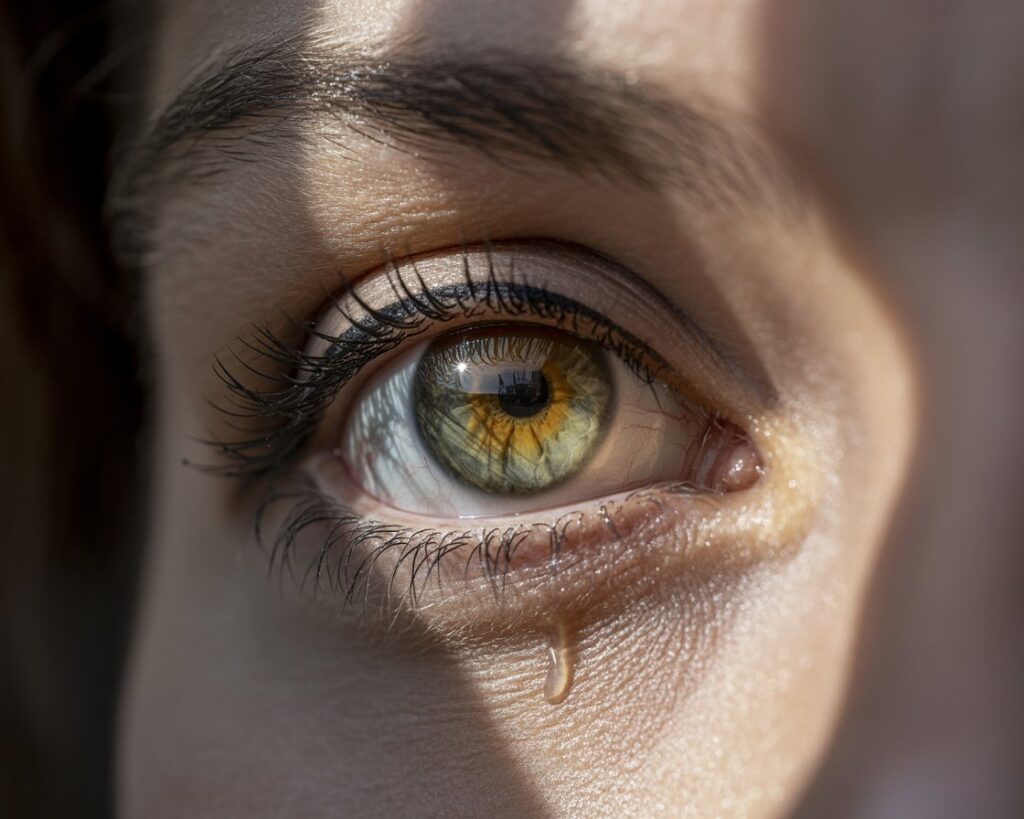
Let’s cut the crap—most people think vision loss is just about getting older, or maybe not eating enough carrots. That’s the nice, digestible version of the story. The real version? It’s uglier, messier, and filled with stuff your average doctor either won’t mention or doesn’t dig into. But you should know, because your vision might already be slipping—and no one’s throwing up red flags.
The secret your eye doctor doesn’t want you to know
Start with the basics. Everyone’s heard of cataracts, glaucoma, and macular degeneration. Classic culprits. But what they don’t tell you is that some of the biggest causes of vision loss are sneaky, silent, and have nothing to do with your eyes directly. Ever heard of chronic inflammation wrecking your retina? Or how your gut health could be sabotaging your eyesight from the inside out? Yeah, exactly. No one’s talking about it.
Take systemic inflammation. We’re out here eating ultra-processed garbage, chugging energy drinks, barely sleeping, and then wondering why our vision’s turning to hell. Inflammation doesn’t just screw with your joints—it messes with your blood vessels, including the ones feeding your eyes. And when your retinal blood supply starts to get compromised? Say hello to blurred vision, pressure, and eventually full-on degeneration.
Now let’s talk meds. Oh yeah—those innocent little pills you take every day might be the quiet assassins. Antihistamines, antidepressants, even birth control pills—they’ve all been linked to dry eye syndrome, increased eye pressure, and yes, vision loss. But who’s warning you about that at your 5-minute checkup? No one. Because it’s all about treating symptoms, not preventing damage.
Here’s one that blew my mind: mold exposure. I had a friend who lived in this “cozy” apartment with a musty smell. He started getting these weird vision issues—light sensitivity, trouble focusing, random flashes. Turns out his place was a mold palace. Black mold in the walls was messing with his nervous system and his optic nerves. He moved out, got treatment, and guess what? His vision stopped deteriorating. Not a coincidence.
And don’t get me started on screen time. Everyone acts like blue light is no big deal because we all live on our devices. But chronic exposure doesn’t just cause eye strain. It messes with melatonin production, throws off your sleep cycle, and—surprise!—poor sleep equals poor eye health. Your eyes never get a break, your tear production goes to hell, and over time, damage adds up. It’s like slow-motion suicide for your sight.
Want another one? Chronic stress. Not the kind where you’re late for work, but the kind that sits in your gut for years, tightening your chest and jacking your cortisol sky-high. That stress wrecks your blood vessels, raises your blood pressure, and reduces the oxygen reaching your optic nerves. Your eyeballs are suffocating, and all we do is slap on more concealer to hide the bags.
The most ridiculous part? Vision loss is preventable in so many cases. But the conversation is stuck in “get an eye exam once a year” and “eat more leafy greens.” That’s lazy advice. What you really need is to overhaul your whole damn lifestyle. Kill the processed food. Move your body. Hydrate like you mean it. Fix your damn sleep. Start questioning what you’re putting into your system—everything from what you eat to what you breathe.
And if your doc shrugs off your concerns with “it’s just aging,” find another one. Aging isn’t a diagnosis—it’s a lazy excuse. Your body is screaming at you way before vision loss becomes noticeable. You just have to listen. The headaches, the fatigue, the weird floaters, the difficulty seeing in the dark—those are all early warning signs. Not quirks. Not “just stress.” Warning. Freaking. Signs.
Vision loss isn’t inevitable. But ignorance will make it so. The hidden causes are hiding in plain sight—your diet, your habits, your stress, your toxic environment. The stuff we’ve normalized because it’s easier than changing. But if you’re not ready to lose your sight, it’s time to un-normalize that noise and actually fight for your eyes like your life depends on it.
Because one day, you’ll want to look at your kids’ faces, or a sunrise, or your own reflection—and if you didn’t take action when it counted, you might not see any of it.


